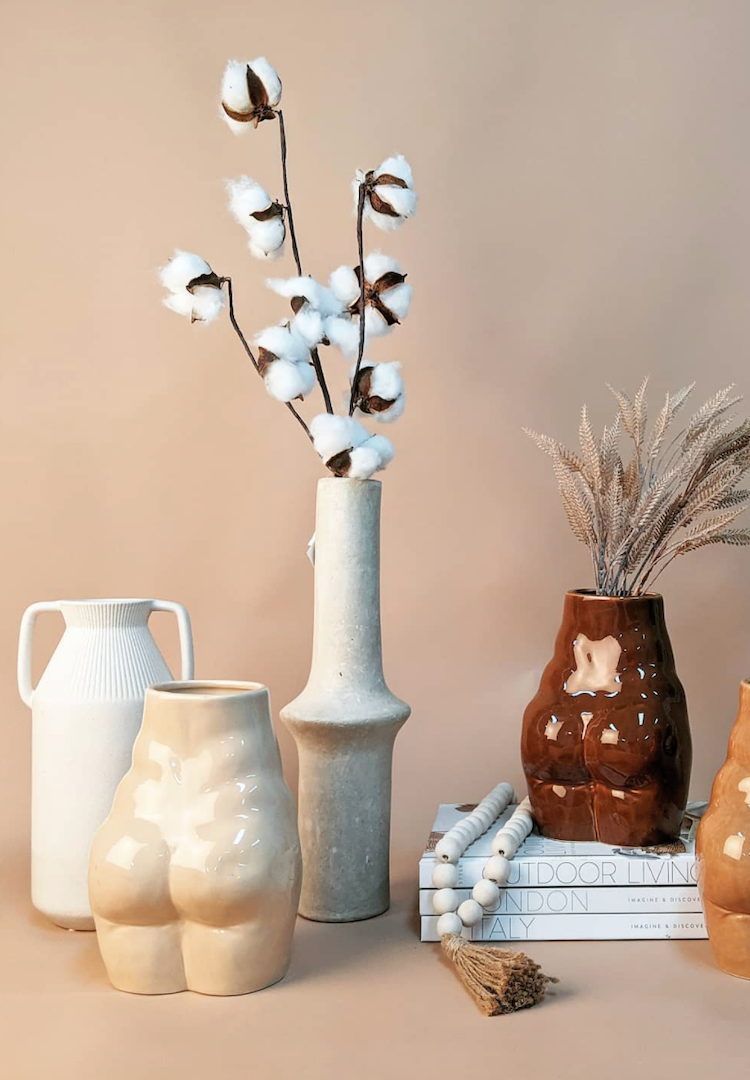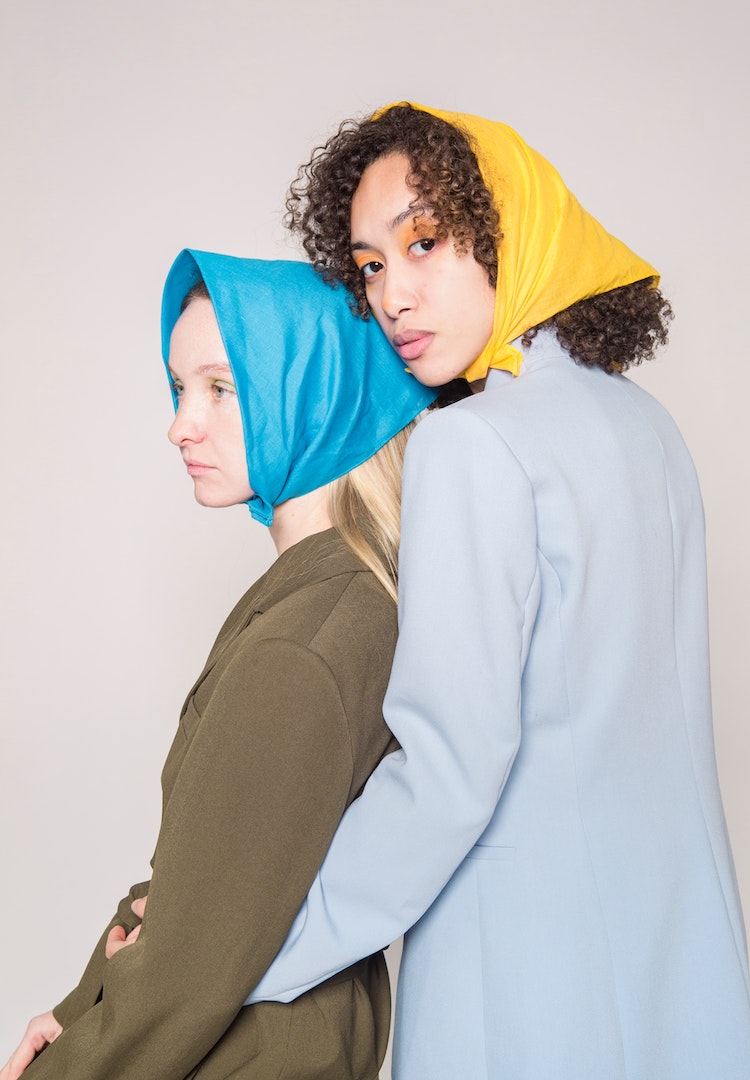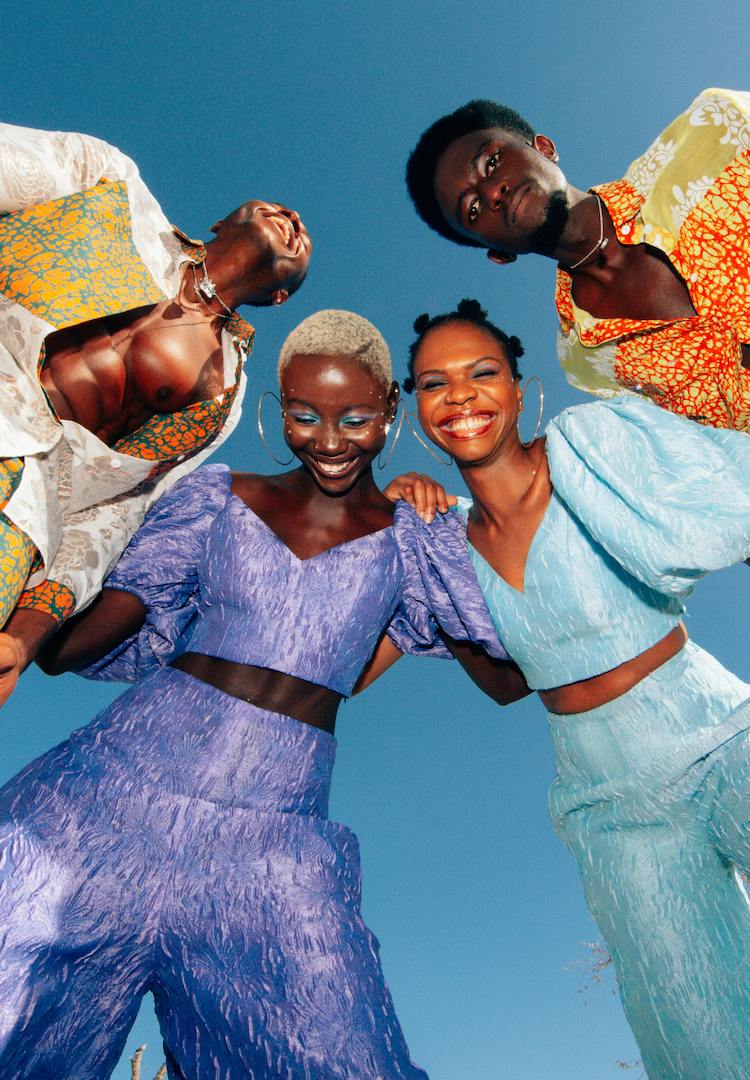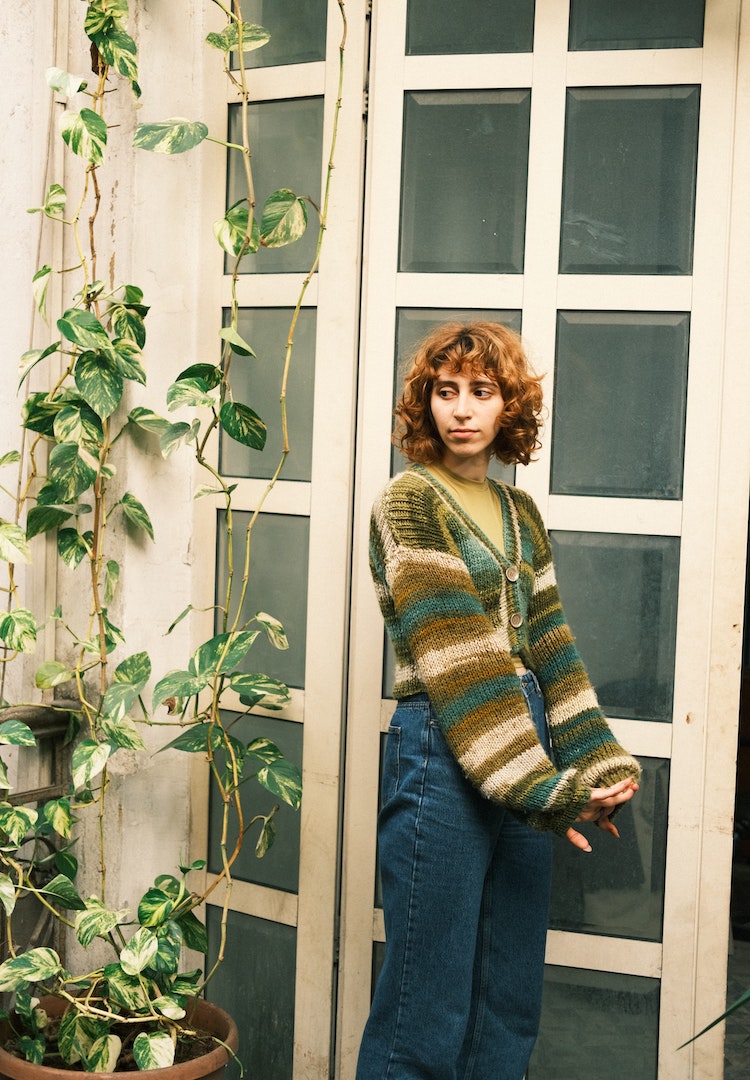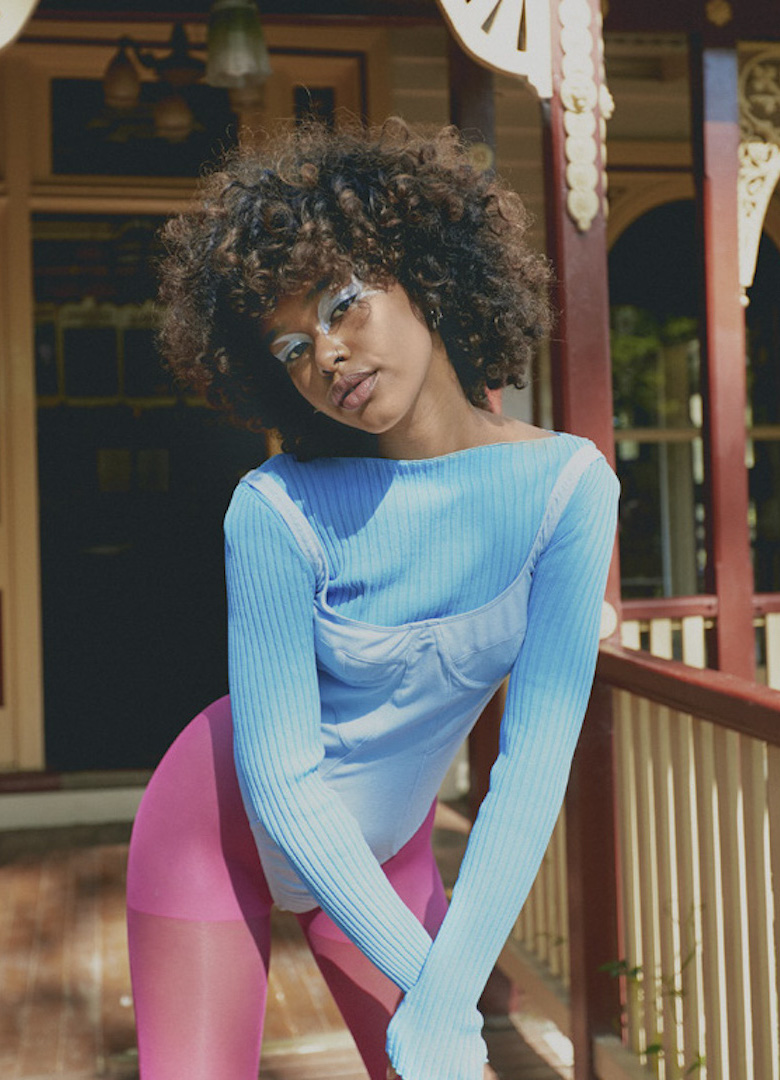What to do if you worry your friend’s partner is controlling
WORDS BY KAYA MARTIN
“In a healthy relationship, you’re going to be able to express yourself and feel safe and happy. If any of those things aren’t able to happen, then it’s not something to just accept.”
Content warning: Emotional abuse.
It’s always awkward when you don’t like a friend’s partner. Maybe the first time you met them you sensed a weird vibe. Maybe you don’t love the stories your friend tells you about the type of arguments they have.
You may find yourself making excuses for why they’re not invited to social occasions (“It’s just the besties tonight!”) or gently suggesting that your friend could do so much better. You get the sense that they might not be getting treated like the beautiful and precious flower they are.
Interested to hear how others navigate the world? Head to our Life section.
We all have high standards for those we love. Although it may be impossible for our friends to date anyone who cherishes them as much as we do, we can dream.
But the bare minimum is a love that is supportive and respectful. If that standard isn’t being met, it’s possible they may be being mistreated in their relationship. When this happens, it’s important to take the issue seriously in order to keep your friend safe and protect your friendship.
Watch for the signs
“I think it’s good to understand that there are lots of different ways power and control can appear in relationships,” says Sarah Lorrimar, a sexologist and program coordinator at GenWest, a Melbourne-based family violence response and prevention service. Sarah says this type of abuse appears differently among different communities, such as for the LGBTQ+, First Nations groups and disabled folk.
Keep an eye on the way your friend’s partner treats them when you’re together. Are they overly bossy and condescending? Sarah warns that controlling partners will often criticise how their partner dresses or the ways they choose to express themself.
The difference between playful teasing and blatant disrespect can be felt in the tone and frequency of these negative comments. Anything that would serve to make your friend insecure, even if it’s said in a joking manner, should raise alarm.
Any subtle changes in your friend’s behaviour should be taken into account as well. Perhaps they seem less self-confident or unsure in their decision making. If they are cancelling on happy hour plans more often than usual, this could be evidence that their partner is distancing them from their social circle.
Another worrying sign is if your friend seems to be catering to their partner’s wants and needs more than their own. “If you’re in an abusive relationship, your partner’s going to make you feel that other people don’t want to be around you, or that as [your] partner, they’re the most important thing,” says Sarah.
Start the conversation
Addressing the issue with your friend can be nerve-wracking. Whether or not your friend is aware that their situation is abusive, there can be feelings of guilt and shame associated with staying in a toxic relationship.
“People don’t like to feel that they’re in difficult situations,” says Sarah. People don’t like to feel that they’re in difficult situations,” says Sarah. She emphasises that it’s important to avoid confronting your friend in a judgemental way. “I know that seeing your friend in these situations, you’re gonna want to jump in and help them and change what their circumstance is, but it’s definitely gonna take time for them to process things,” she explains.
It hurts to watch someone you care about struggle at the hands of someone else and it’s only natural to want to put an end to it as fast as possible. But in the end, patience is key to getting them through it. Allowing them the space to deal with the situation on their own schedule lets them know that you believe they are smart and capable.
Focus your energy on being supportive. “If they’ve just had continual undermining of their capabilities and their competencies and their independence, they’re going to feel quite lost as to where to go from here and disconnected from being able to reach out to people,” Sarah tells me.
Be generous with your affection and don’t let them slip away. Be persistent, even if you feel annoying sending hundreds of catch-up texts. Remind them that you will always be there no matter what.
And when they’re ready to take the next step? There are plenty of places you can direct them to for more help. 1800RESPECT and Safe Steps are 24-hour services that offer support and counselling to survivors of domestic abuse and other forms of violence. GenWest, where Sarah works, is a resource for those located in Western Melbourne.
The bigger picture
When it comes to controlling relationships, we have to remember that it’s not just about the actions of one bad individual. Sarah says society, economy, politics and gender inequality all play a role in creating an environment that fosters controlling and abusive behaviour.
“I think there can be factors like fear of being abandoned or having unresolved trauma – that’s what causes people to be controlling,” says Sarah. “But it’s not an excuse, it’s still a choice that people behave in that way.”
In Australia, almost a quarter of women and one in six men have experienced emotional abuse from a romantic partner. Women who are either Indigenous, young or pregnant are at a higher risk of experiencing abuse.
Sarah tells me this is because those who already have a sense of power over others as a result of larger societal inequalities are more likely to behave in controlling ways. “I think it’s really important that society as a whole addresses that to prevent it before it actually starts,” says Sarah.
To learn more about controlling relationships and emotional abuse, check out this resource.

